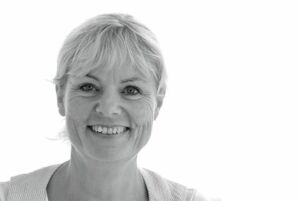Business
Beyond business: Navigating public-private partnerships
This article is more than 11 years old.
Dorte is the CEO of CBS Executive (cbs-executive.dk), which offers a range of executive education programs (in English and Danish) taught by internationally renowned professors from the Copenhagen Business School and US ‘Ivy League’ universities. With 20 years of experience, they are passionate about building the leaders of the future and training senior executives in Denmark.

It is likely that the road to 21st century governance in Denmark will increasingly involve the private sector.
A tendency in Denmark, inspired by realities in the USA, is the way in which private companies and interest organisations are to a greater extent trying to influence policy-making. A recent example of this was in the news recently, when the CEO of ISS offered the Danish government the company’s services to develop the Danish welfare system in the future. But are we in Denmark adequately prepared for these types of private-public partnerships? Do we fully understand the complexity of such partnerships and how to navigate them?

Smaller than ever the rewards of conquering it are huge (Photo by: Colourbox)
Bridge the divide
Danes will need to deepen and widen their understanding of public-private partnerships in order to successfully manage these changes. Further internationalising our viewpoints would be a good place to start.
One of the programs I have experienced that is designed to bridge the divide between the public and private sector is CBS Executive’s one-week ‘International Executive Program’, held each autumn in Washington DC, which offers insights into the American system. Meetings with professors from prestigious US universities, research institutes and lobbying groups offer an opportunity to discuss the political landscape with reflections on the Danish perspective and how this affects Danish public organisations. This is just one example of an opportunity to learn from beyond our borders.
Strategic focus
With limited public resources, requests from the private sector to work with the public sector will be on the increase. Therefore the Danish public sector needs to be more strategically focused in order to better understand what the private sector can offer.
The more than 100 executives who have participated in our courses studying the US system (or our similar program in China) have told us time and time again of the challenges they face working across the public-private divide. They tell us how beneficial it was to have a structured opportunity to think ‘outside the box’, travel outside our borders, and incorporate what we can learn from successful and unsuccessful private-partnerships abroad.
Denmark’s success at bridging the divide rests on the ability to further educate ourselves and broaden our global viewpoint, thus making the private-public partnerships an opportunity to embrace.










































